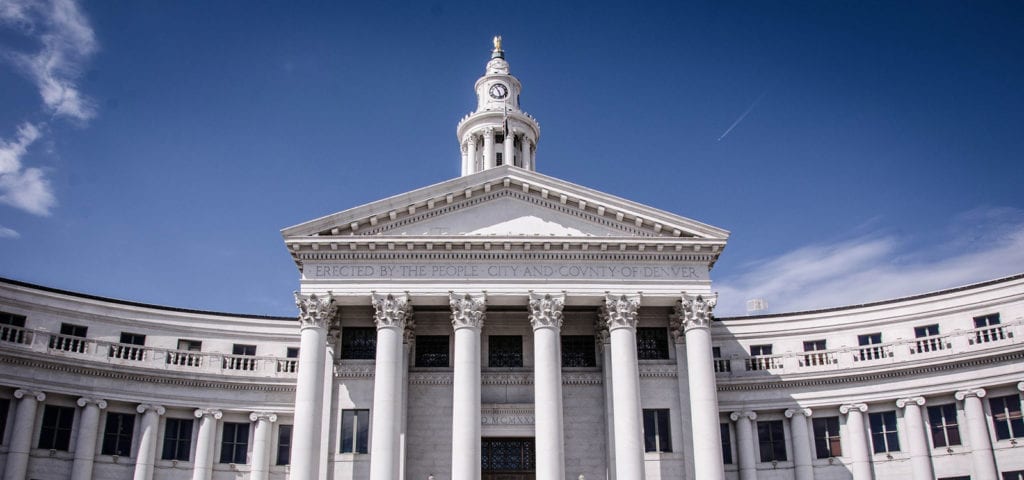Despite campaigning against Colorado’s successful 2012 bid to legalize cannabis, Denver Mayor Michael B. Hancock admitted last week that the city of Denver is effectively regulating cannabis and called the industry a “success,” according to a press release.
The statement was sparked by a city report that outlines the Denver industry’s journey from medical-only to a fully operational adult-use marketplace.
Some key findings of the report:
- Denver’s retail cannabis sales jumped 29% from 2016 to 2017
- Tax/licensing revenue from cannabis expected to increase by 8% this year
- Cannabis sales tax revenues constituted about 3.4% of Denver’s general fund revenue in 2017
- From 2014-2018, more than $11 million in cannabis revenues will go to youth-serving organizations by Denver’s Offices of Children’s Affairs and Behavioral health; further funding will go to Denver’s “High Costs” youth prevention campaign
- Cannabis-related crimes in 2017 made up just .30% of overall crime in Denver in 2017
- Cannabis industry-related crime made up “less than ½ of 1 percent” (or .21%) in 2017
“This new report demonstrates Denver’s coordinated approach between multiple agencies to manage marijuana is working. We took on the daunting challenge of becoming the first major city in America to manage legalized recreational marijuana and we are having success. That’s because of coordination between Denver’s Excise and Licenses, Denver’s Fire Department, Police Department, Department of Public Health and Environment, Community Planning and Development, as well as our partners in other city agencies, the community from the marijuana industry and public health advocates.” — Denver Mayor Michael B. Hancock, in the press release
In 2012, Mayor Hancock came out against Colorado’s legalization amendment. At the time, he called cannabis a “gateway drug” and suggested that its legalization would detract from Colorado’s image and make the state less attractive to tourism and business interests.

